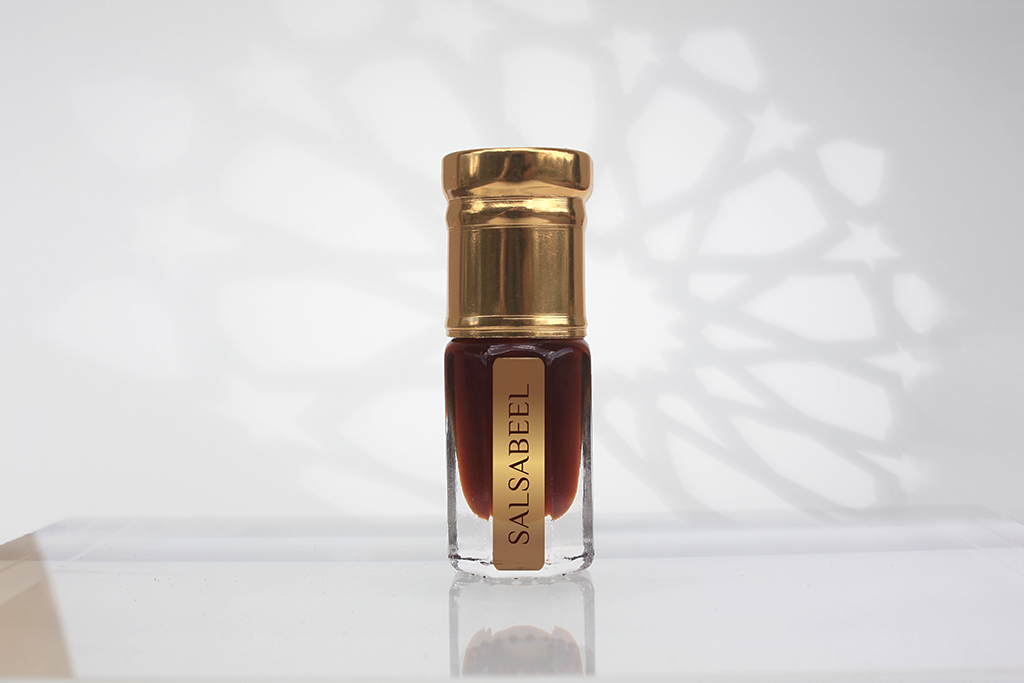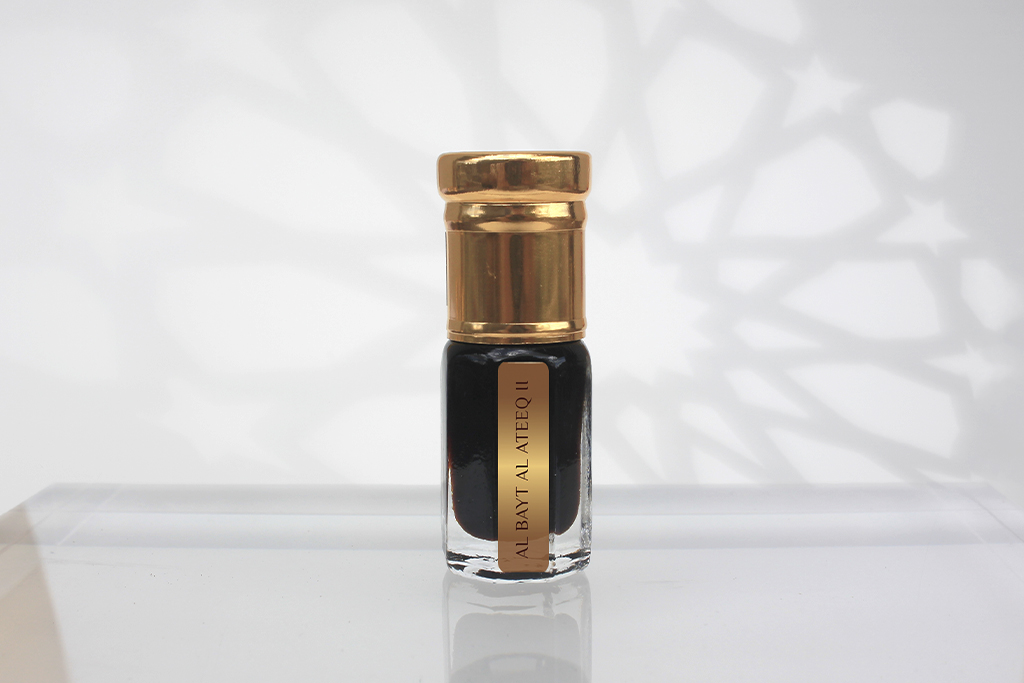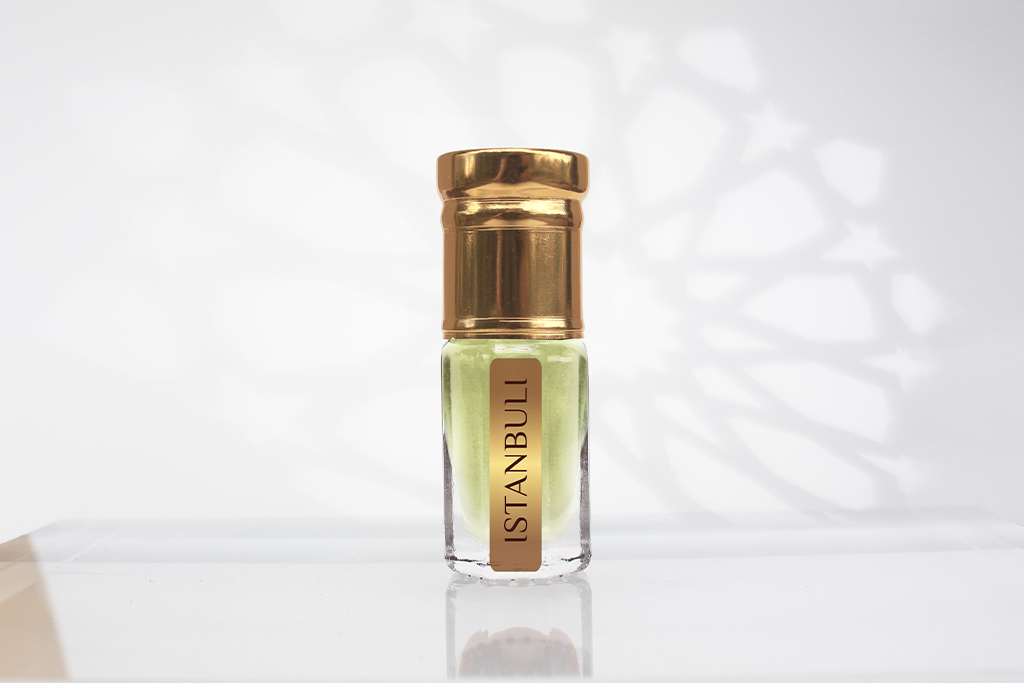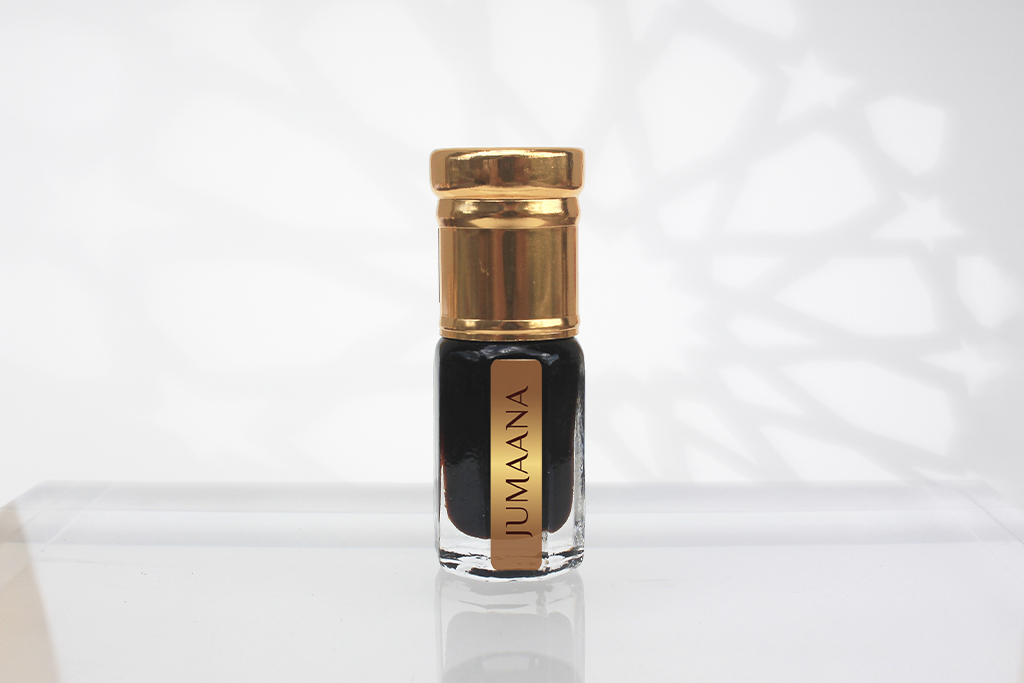Sandal
Order today and get it by April 23, 2024
100% authentic oudh from the best natural ingredients
In the Eastern Attar culture Sandalwood has played an important role in perfumery for generations. The carrier characteristics and the foundation for building a myriad of fragrances, incense, ointments, paan and summer drinks.
Product Description
In the Eastern Attar culture Sandalwood has played an important role in perfumery for generations. The carrier characteristics and the foundation for building a myriad of fragrances, incense, ointments, paan and summer drinks. Sandalwood has also been a central piece in the Eastern incense tradition. Sandalwood Incense sticks are found in the Indian, Chinese and Japanese cultures closely associated to the temple. As such, it is only honorable and fair to pay tribute to this beautiful wood by crafting our very own Sandalwood sticks. Having had some very old logs of Indian Sandalwood (100+ years plus) I have humbly shouldered this task and today I am honoured to present Sandal – The Complete Aroma.
SANDAL • ‘The Complete Aroma’ is the most richest, vintage sandalwood sticks you will have the pleasure of experiencing. With notes of dried rose petals and sweet honey buttery sandal it was lovingly ground with care and precision to a fine powder, bathed in 65 year old Fritchze Brothers Mysore Sandalwood oil and then hand rolled one by one into the most amazing incense sticks.
Notes
Background
Additional Information
Explore more products


Subscribe To
Our Newsletter
Stay up to date with the latest product releases.





